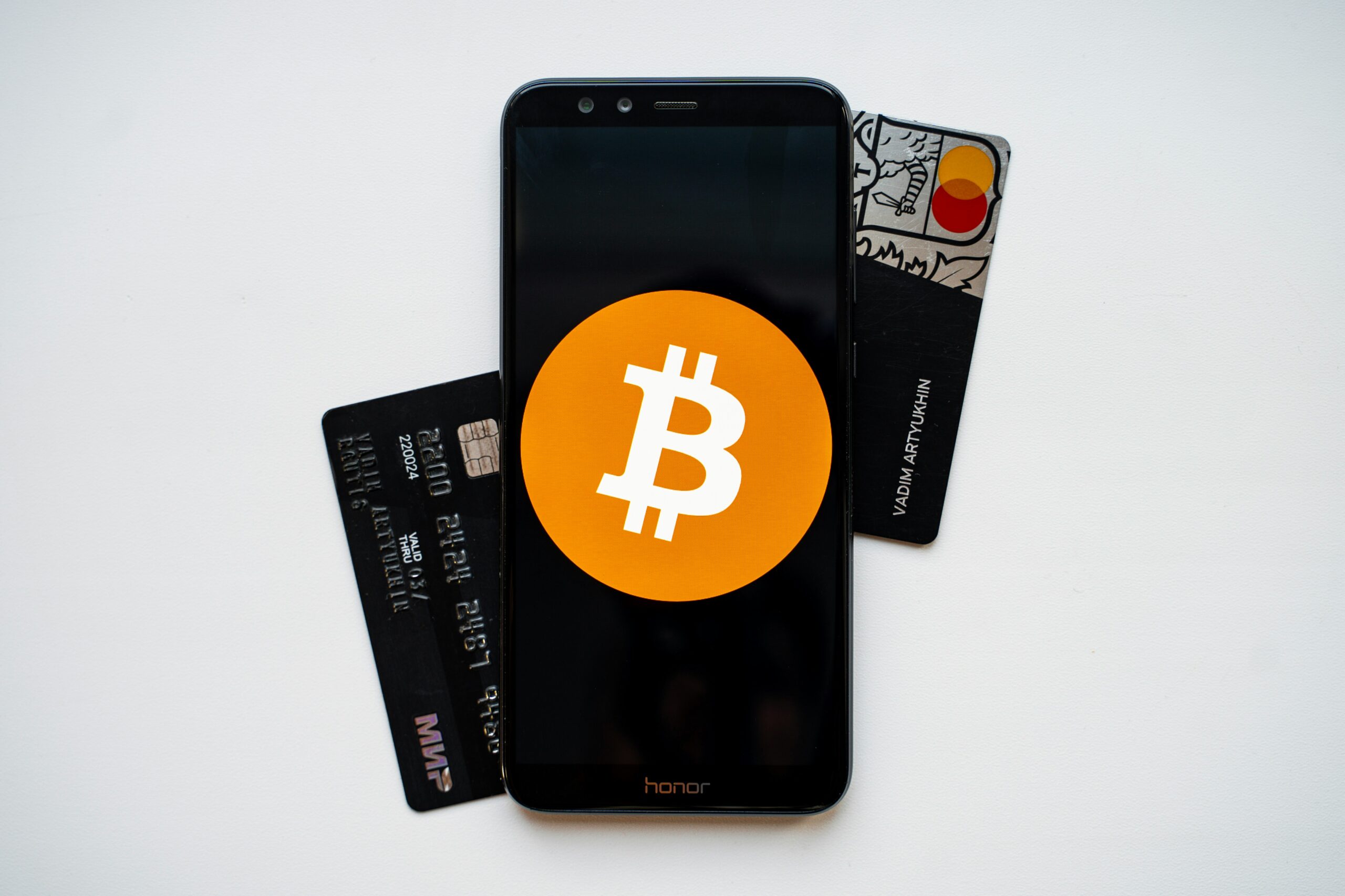“`html
Introduction to Bitcoin and Its Growing Acceptance in Retail
Bitcoin, introduced in 2009 by an anonymous entity known as Satoshi Nakamoto, serves as the pioneering cryptocurrency, aiming to revolutionize the financial landscape. It utilizes blockchain technology, a decentralized ledger system that enables secure and transparent transactions without the necessity for intermediaries such as banks. Over the past decade, Bitcoin has evolved from a novel digital currency into a substantial component of the financial ecosystem.
The rapid growth and acceptance of Bitcoin can be traced back to several factors. Initially perceived as a speculative asset, Bitcoin’s value experienced dramatic increases and fluctuations, drawing attention from investors around the globe. However, recent trends suggest a shift toward Bitcoin being recognized as a viable payment method. This transition is evident as numerous retailers, ranging from small businesses to major corporations, have begun to accept Bitcoin for goods and services.
The escalating acceptance of Bitcoin in the retail sector is underscored by its integration into various payment systems. Companies like Overstock, Microsoft, and even certain branches of Starbucks now allow customers to make purchases using Bitcoin. This trend signifies a notable departure from viewing Bitcoin merely as an investment asset, showcasing its potential practicality in everyday transactions.
Moreover, the adoption of Bitcoin is facilitated by advancements in technology and the proliferation of cryptocurrency wallets and payment platforms. These tools have made it increasingly simple for consumers to use Bitcoin, fostering greater convenience and security. Retailers benefiting from lower transaction fees compared to traditional credit card processing fees further incentivizes this shift.
In essence, the proliferation of Bitcoin as a payment method demonstrates its growing acceptance within retail spaces globally. The journey from a niche digital currency to a preferred payment option reflects a broader acceptance of cryptocurrencies, paving the way for a financial future where digital currencies coexist alongside traditional monetary systems.
As the interest in Bitcoin as a retail payment method grows, financial experts, economists, and industry leaders converge on its transformative potential. Among the myriad of advantages discussed, security stands out predominantly. According to Dr. Susan Wendt, a financial economist, “Bitcoin’s decentralized nature significantly mitigates the risks associated with traditional banking fraud and data breaches, thus offering a secure alternative for transactions.”
Efficiency is another notable benefit. Bitcoin transactions operate independently of bank holidays or geographic constraints, culminating in a round-the-clock payment system. Mr. Tom Harrison, CEO of a leading cryptocurrency consultancy, remarks, “The blockchain technology underlying Bitcoin ensures swift transaction processing, which is particularly advantageous during peak retail seasons when transaction volumes surge.”
Moreover, the potential for cost savings cannot be overlooked. Retailers frequently grapple with high transaction fees levied by credit card companies and banks. Bitcoin eliminates intermediary banks, thereby reducing processing fees. Mr. Alan Greene, a retail industry analyst, emphasizes, “Adopting Bitcoin can curtail transaction costs for retailers, with savings that can potentially be passed on to consumers.”
Bitcoin also plays a crucial role in fostering financial inclusivity. In regions where access to traditional banking is limited, Bitcoin emerges as a viable alternative. Ms. Patricia Lohner, a global economist, highlights, “Cryptocurrencies like Bitcoin democratize finance by providing access to financial services for the unbanked population, driving economic inclusivity and growth.”
In the opinions consolidated from these experts, it is evident that Bitcoin’s application in retail extends beyond just a novel payment method. It represents a comprehensive enhancement of existing financial frameworks. Therefore, Bitcoin is envisaged to not only streamline retail operations but also contribute to a more secure, cost-effective, and inclusive financial ecosystem.
Advantages of Using Bitcoin for Retail Purchases
Bitcoin, as a decentralized digital currency, provides significant advantages when used in retail transactions. One of the most prominent benefits is the lower transaction fees involved. Traditional payment methods often entail processing fees, which can be quite burdensome for both retailers and customers. In contrast, Bitcoin transactions typically incur minimal fees, offering substantial cost savings, particularly for small businesses and high-frequency transactions.
Furthermore, Bitcoin transactions are completed much faster than conventional payment methods. Traditional banking systems can take several days to process payments, especially across international borders. Bitcoin’s blockchain technology ensures that transactions are verified and finalized within a matter of minutes, leading to improved liquidity and customer satisfaction. This speed is particularly advantageous for global retailers and international shoppers looking for seamless cross-border purchasing experiences.
Security is another area where Bitcoin excels as a payment method. Each Bitcoin transaction is verified and recorded on the blockchain, creating a permanent and tamper-proof ledger. This reduces the risk of fraud and chargebacks, which are common issues with credit card payments. Enhanced security measures integral to Bitcoin’s architecture ensure that both retailers and consumers are protected against unauthorized transactions and cyber threats.
Privacy remains a significant concern in the age of digital transactions. Bitcoin transactions offer a higher degree of anonymity compared to traditional payment methods. Users are identified by alphanumeric addresses rather than personal information, enhancing privacy and reducing the risk of identity theft. This anonymity, coupled with the security features of blockchain technology, makes Bitcoin a compelling option for privacy-conscious consumers.
Bitcoin’s elimination of intermediaries in the transaction process further enhances its appeal in retail. By bypassing banks and payment processors, Bitcoin reduces the layers and costs involved in traditional payment processing. This directness not only lowers costs but also improves transaction efficiency, a crucial factor for retailers aiming to streamline their operations.
Lastly, the global accessibility of Bitcoin makes it an attractive option for international shoppers. Unlike traditional currencies that are subject to national borders and exchange rate fluctuations, Bitcoin remains consistent and accessible worldwide. This universal nature facilitates easier and more efficient purchasing experiences for international customers, leveling the playing field for global retail.
How Retailers Can Integrate Bitcoin Payments and What Consumers Should Know
As Bitcoin gains traction as a preferred payment method in retail, many merchants are contemplating its integration into their payment systems. The process, though appearing complex at first, can be simplified with a methodical approach. For retailers, the initial step involves choosing a reliable Bitcoin payment processor. Companies like BitPay and Coinbase Commerce offer robust solutions that facilitate seamless Bitcoin transactions.
Once a payment processor is selected, retailers must update their point-of-sale (POS) systems to accept Bitcoin. This typically involves integrating an application programming interface (API) provided by the payment processor into their existing POS system. Many modern POS systems come with the capability to add such APIs quite easily, making the transition smoother.
In addition to technological adjustments, retailers must also ensure compliance with regulatory requirements. As cryptocurrencies like Bitcoin operate under a different financial framework compared to traditional currencies, it’s crucial to stay updated with local laws and regulations. Engaging with legal advisors who specialize in cryptocurrency can help navigate these intricate waters without any legal repercussions.
For consumers, using Bitcoin as a payment method requires an understanding of how to secure their digital wallets. Digital wallets are akin to traditional wallets, but they hold cryptocurrencies instead of paper money. It’s imperative that consumers use wallets with strong security features, including multi-signature options and two-factor authentication to protect their assets.
Consumers should also familiarize themselves with the transactional procedures associated with Bitcoin payments. Because Bitcoin transactions are irreversible, double-checking the recipient details before confirming a transaction is essential. Additionally, staying informed about the network fees, which may vary depending on the transaction’s urgency, and the current Bitcoin market value will help consumers make informed purchasing decisions.
Overall, both retailers and consumers must take conscious steps for a smooth Bitcoin transaction experience. Integrating Bitcoin payments opens new avenues for retailers and offers consumers an alternative payment method, highlighting the evolving landscape of retail commerce.


